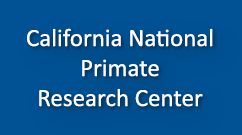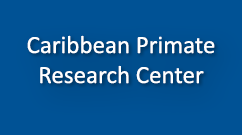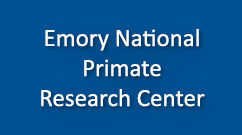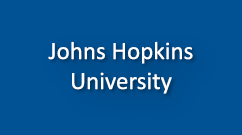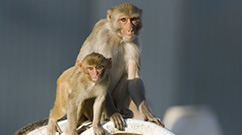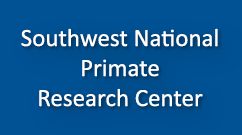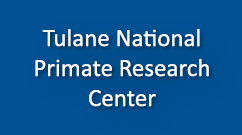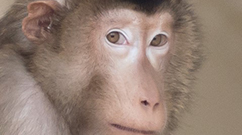Specific-Pathogen-Free Macaque Consortium
Macaque monkeys are premier research models for HIV/AIDS. For example, macaques infected with the simian immunodeficiency virus (SIV)—the nonhuman primate (NHP) analogue of HIV—are used to address basic research questions about viral infection routes, acute phases of infection, and latent viral reservoirs because these cannot be explored in humans. Likewise, SIV-infected macaques serve as models for developing HIV vaccines, infection prevention devices, new therapeutics, microbicides, and cure strategies prior to first-in-human trials. The presence of specific viral pathogens in experimental animals can confound the results of HIV/AIDS-related investigations or pose a health risk to staff. Therefore, a consortium of colonies was developed to provide specific-pathogen-free (SPF) macaques for AIDS research that are negative for SIV, type D simian retrovirus, simian T-cell lymphotropic virus, and herpes B virus. Additionally, SPF macaques are characterized for major histocompatibility complex (MHC) class I alleles, which are known to be associated with SIV viral load and rate of disease progression. ORIP supports SPF rhesus macaque colonies at the California, Oregon, Southwest, Tulane, and Emory National Primate Research Centers (NPRCs), as well as at the Caribbean Primate Research Center in Puerto Rico. ORIP also supports SPF pigtail macaque colonies at the Washington NPRC and the Johns Hopkins University School of Medicine.




